For years scientists have been looking for a solution to world hunger. And through their process of searching they've been sporadically offering all kinds of unusual, crazy and even disgusting alternative products to put on our dining table.
But the latest find by a group of Dutch scientists is on its way to topping them all - in their search for alternatives to vegetable oil for cooking they have turned to insects.
After a series of experiments they've discovered that oil can be extracted from certain species of worms and cockroaches, one that possesses nearly the same properties as palm oil and olive oil.
The scientists have gone even further - they've done a detailed analysis on which types of insects are most suitable for obtaining oil.
They've set their sights on 4 of the most common bugs on the planet - yellow mealworm, small mealworm, cricket and cockroach.
It's been found that crickets have the lowest yield, while cockroaches the highest.
On the other hand, the oil extracted from crickets is the closest taste wise to the mass produced oil that's sold in supermarkets, while that made from cockroaches is distinguished by a particularly unpleasant, harsh smell.
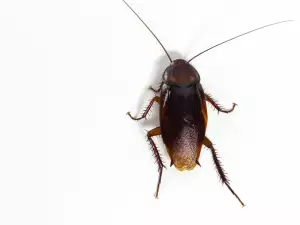
Of course the oil can be used in other fields besides cooking. For example, the oil from cockroaches, that would definitely find it difficult to secure its place on your dining table, can instead be used as an industrial lubricant.
The actual process of obtaining oil from insects includes initially flash freezing them, grinding them to powder and extracting the oil through simple laboratory methods.
Even though the very idea of replacing oil with one made from insects may seem absolutely repulsive to many, the choice of these bugs as an alternative is not at all coincidental.
The oil obtained from them contains a high amount of animal saturated fats, as well as vegetable oils that contain no cholesterol.
In recent years, insects have been making their way toward the food menu even in countries where up until recently the idea of fried crickets would have been outright preposterous.
More and more chefs and agricultural organizations have been popularizing the idea of consuming insects as a valuable source of protein which can replace meat.
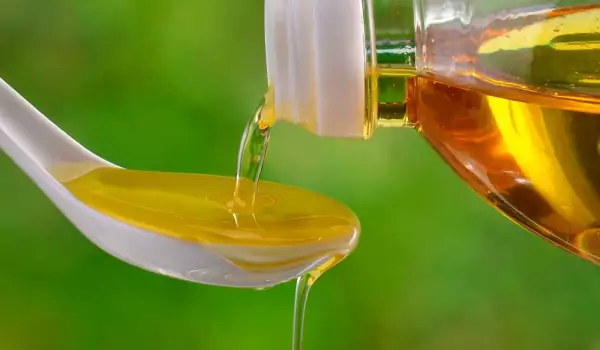
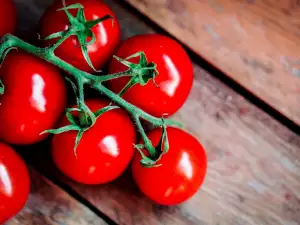

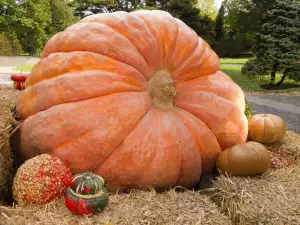

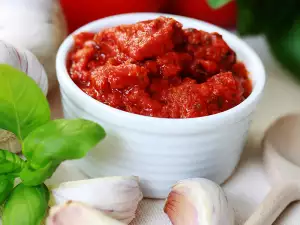
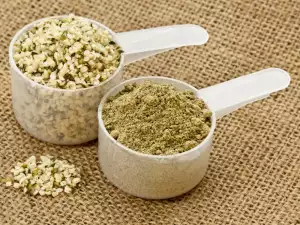
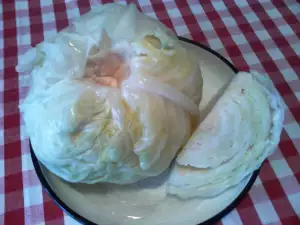

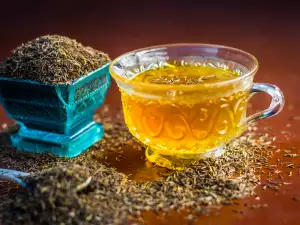


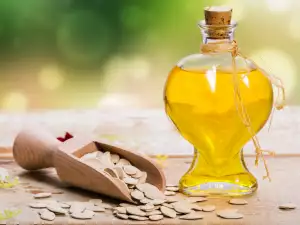
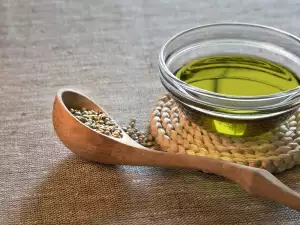






Comments